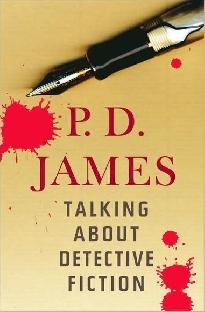
So… I was planning to post this before the World Series ended, but Detroit just didn’t have any stamina, did they? Let’s go, Giants! (The Beloved Sisters are Oakland A’s fans, but San Francisco is very nearby.)
“Oh, but you write a Jane Austen blog” they say. “That must be about tea and flowers. What does Jane Austen have to do with baseball?”
Ha! Sister and brother Janeites, remember that a Jane Austen book contains the very first reference to baseball in the OED itself!
Cue excerpt from Northanger Abbey, Chapter 1. Jane’s setting up Catherine Morland as someone you would never have picked to be a Gothic heroine, because she’s so ordinary.
…it was not very wonderful* that Catherine, who had by nature nothing heroic about her, should prefer cricket, base ball, riding on horseback, and running about the country at the age of fourteen, to books—or at least to books of information—for, provided that nothing like useful knowledge could be gained from them, provided they were all story and no reflection, she had never any objection to books at all.
*Wonderful here means “full of wonder,” i.e. surprising.
Here is a Jane Austen heroine to-be not just watching baseball, but actually playing it! (Let’s put her up against the zombies…) Now, Catherine Morland goes on to learn to read Gothic novels and sigh artistically, and famously “curl her hair and long for balls,” the dancing kind, and not cricket or baseballs.
Jane Austen has a lot of affection for Catherine, and though she also likes Gothic novels, Northanger Abbey is a straight-up lesson in the folly of considering them a model for life. It contrasts the simple health and sanity of the Morlands with other peoples’ deceptions, follies, and evils.
So I’m going out on a limb and saying that Jane Austen also loved cricket, horseback-riding, books that are all story and no reflection, and of course baseball!
And I think we can totally see her at work when Miss Osborne bakes cakes for every A’s playoff game, when Miss Ball tweets about Josh Reddick’s hair, and when Mrs. Fitzpatrick calmly eats baseball cake and cheers when she remembers.
I think she would understand and laugh at us, I hope with affection. And I think she’d find the World Series pretty funny too. Pity we’ll never know…

